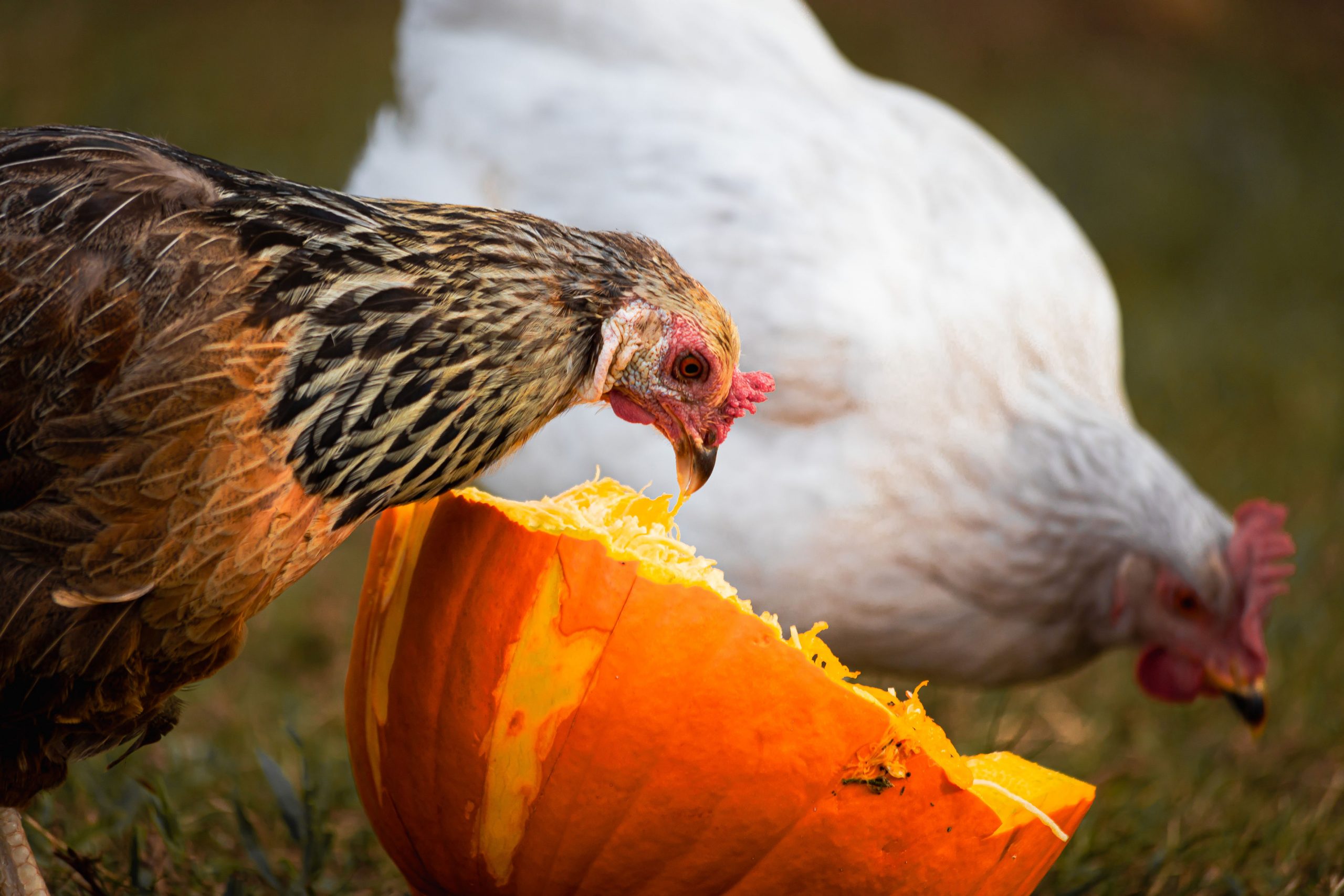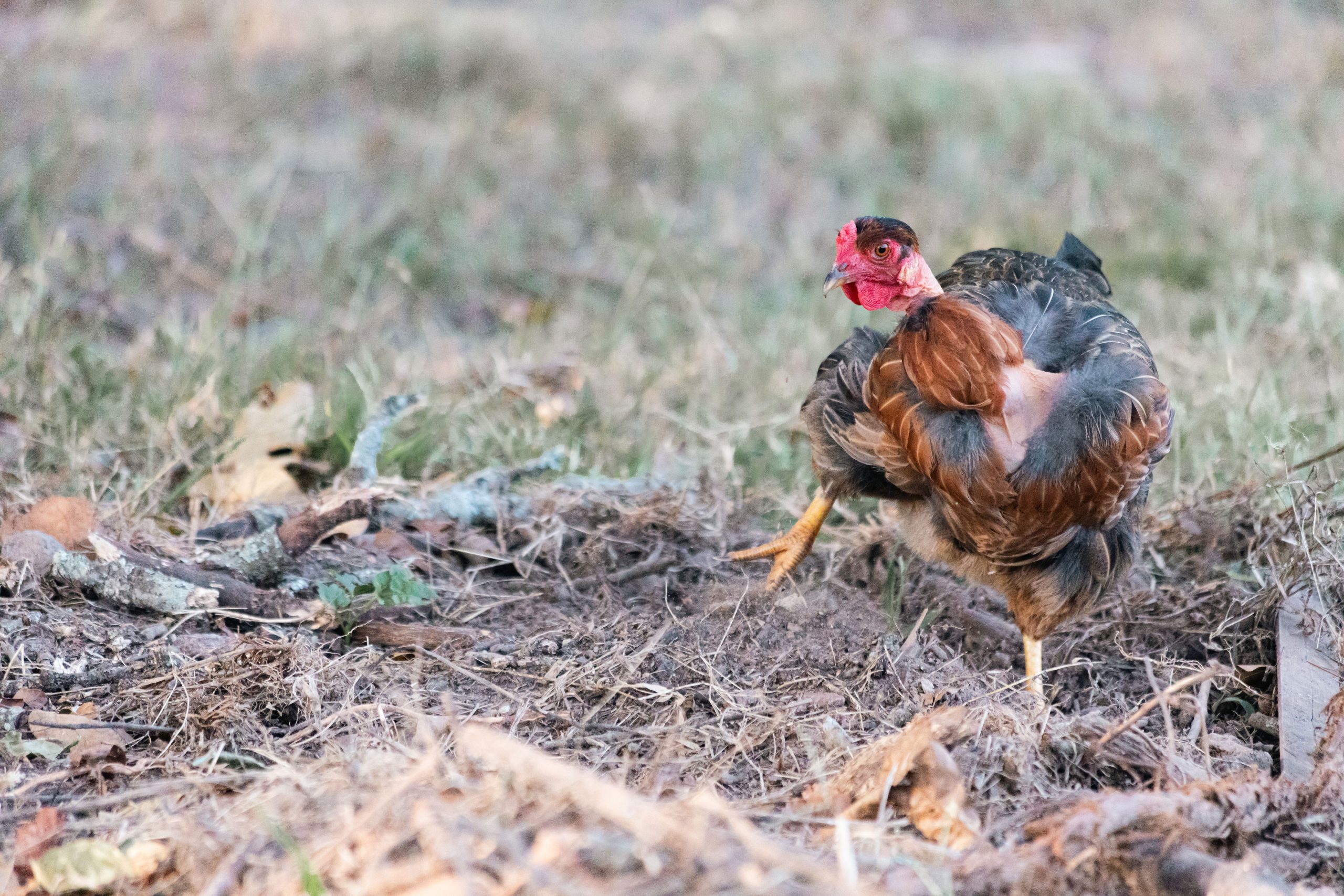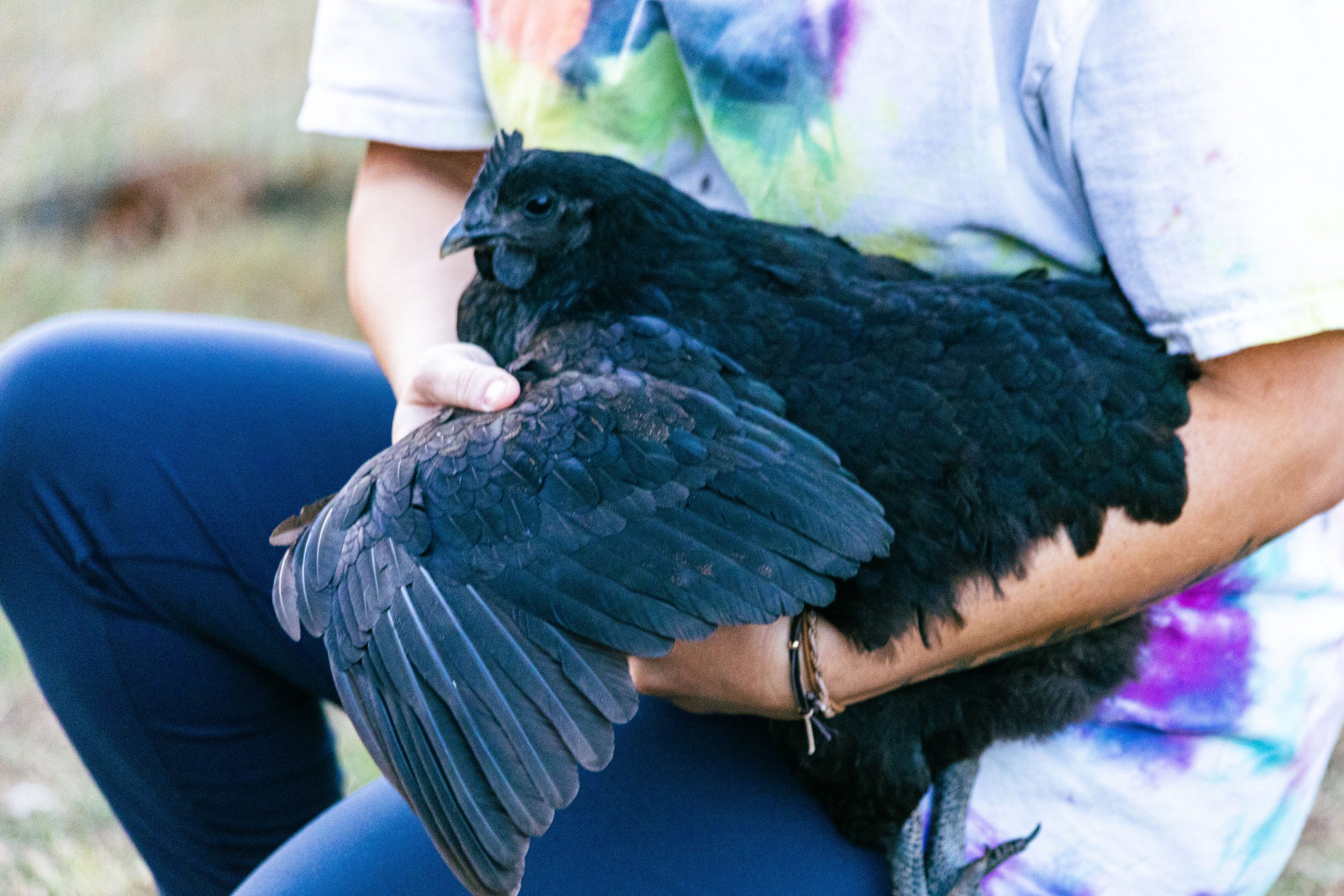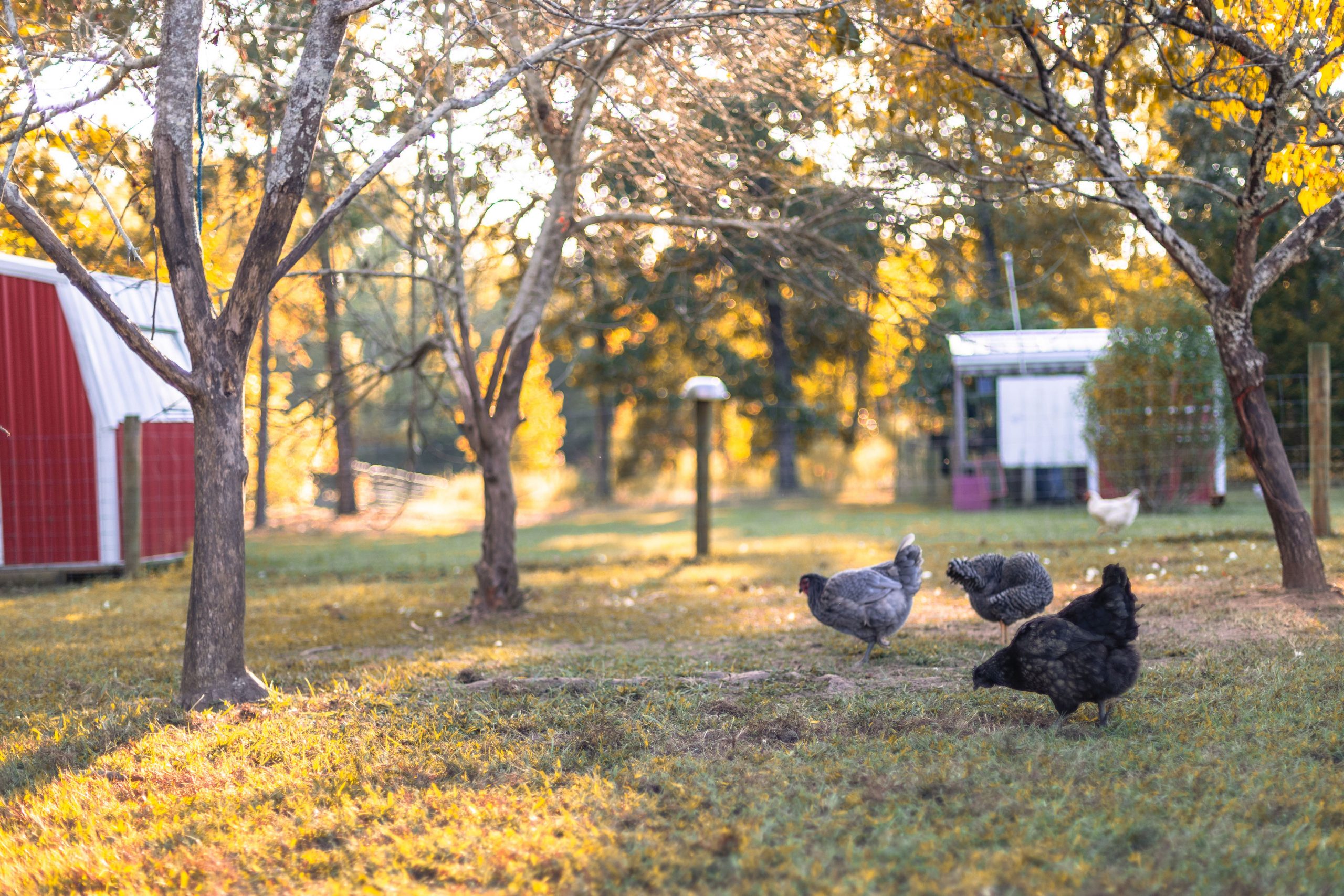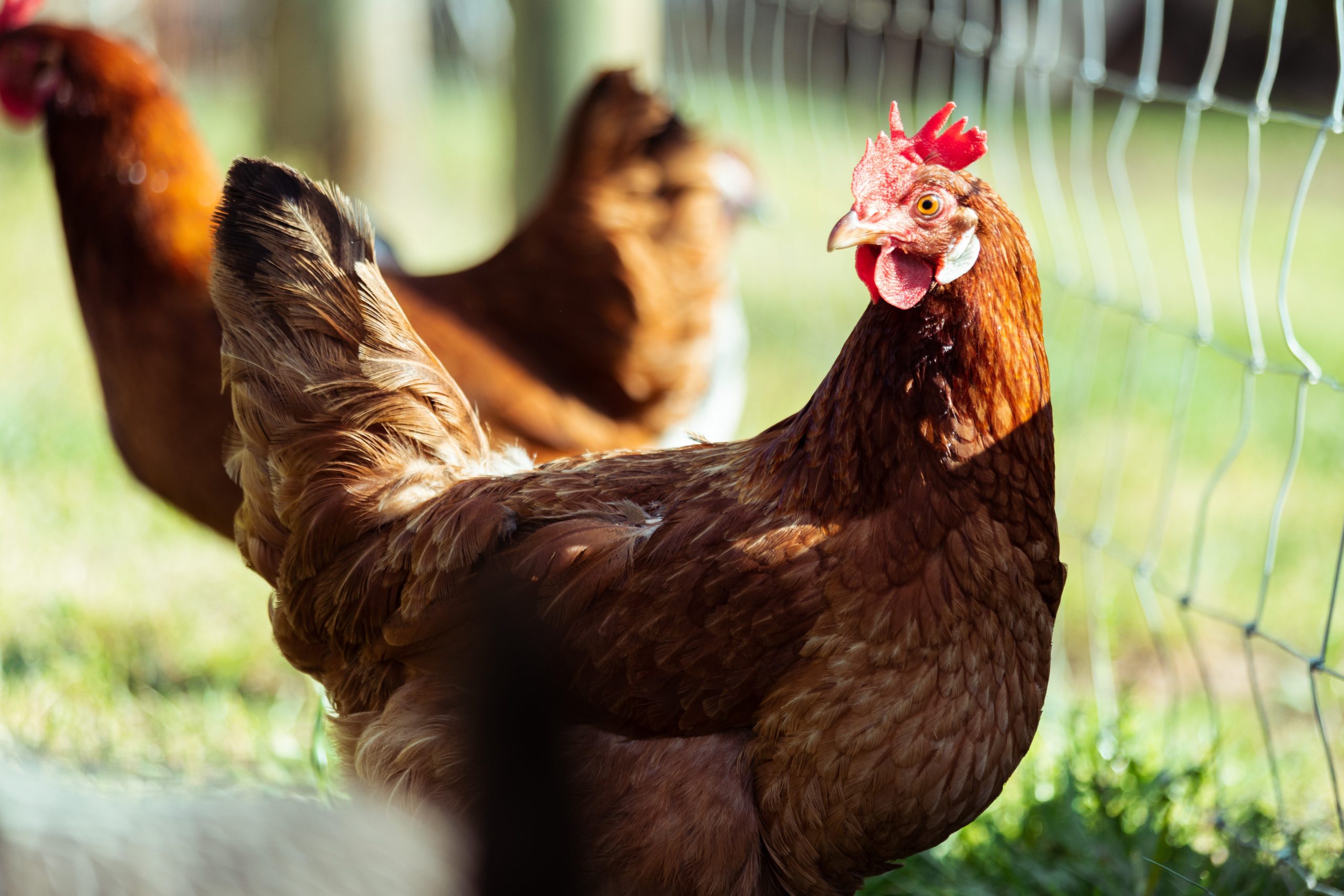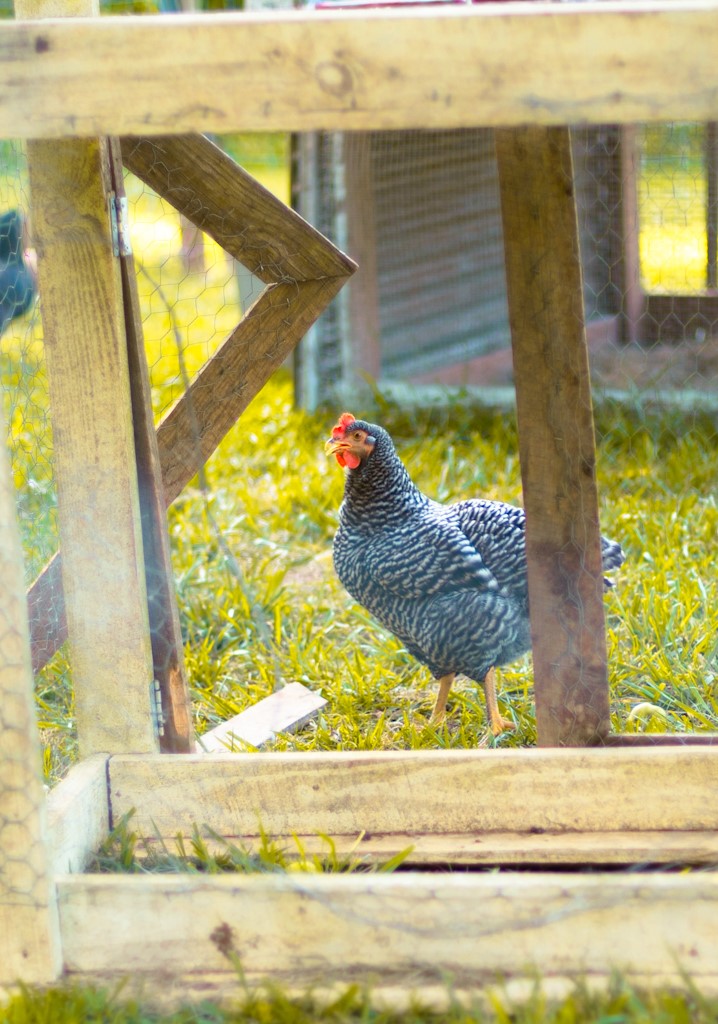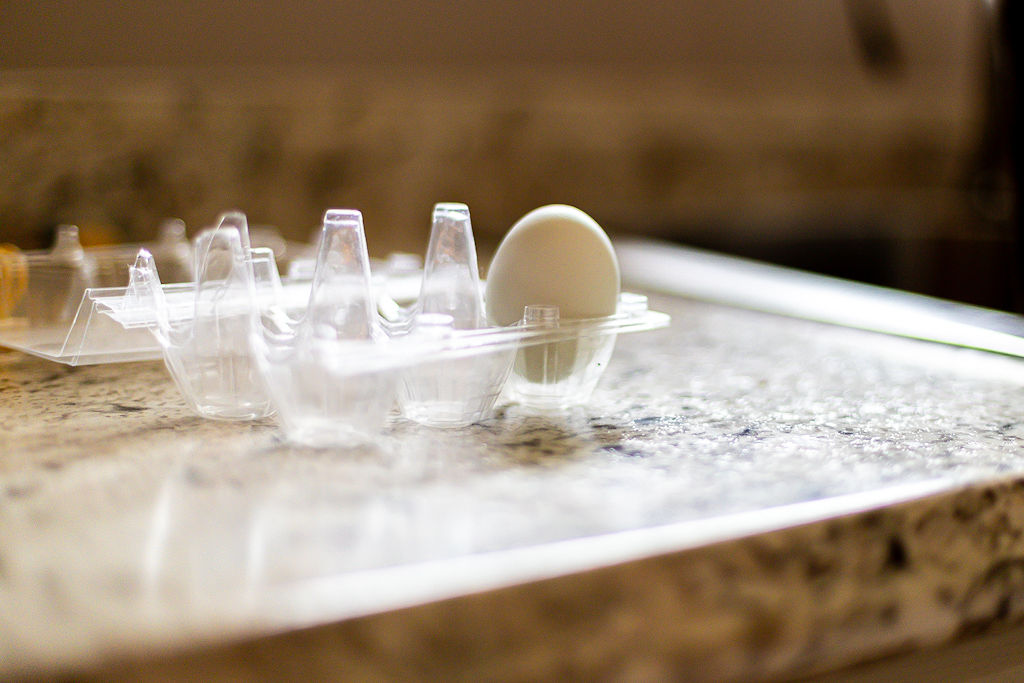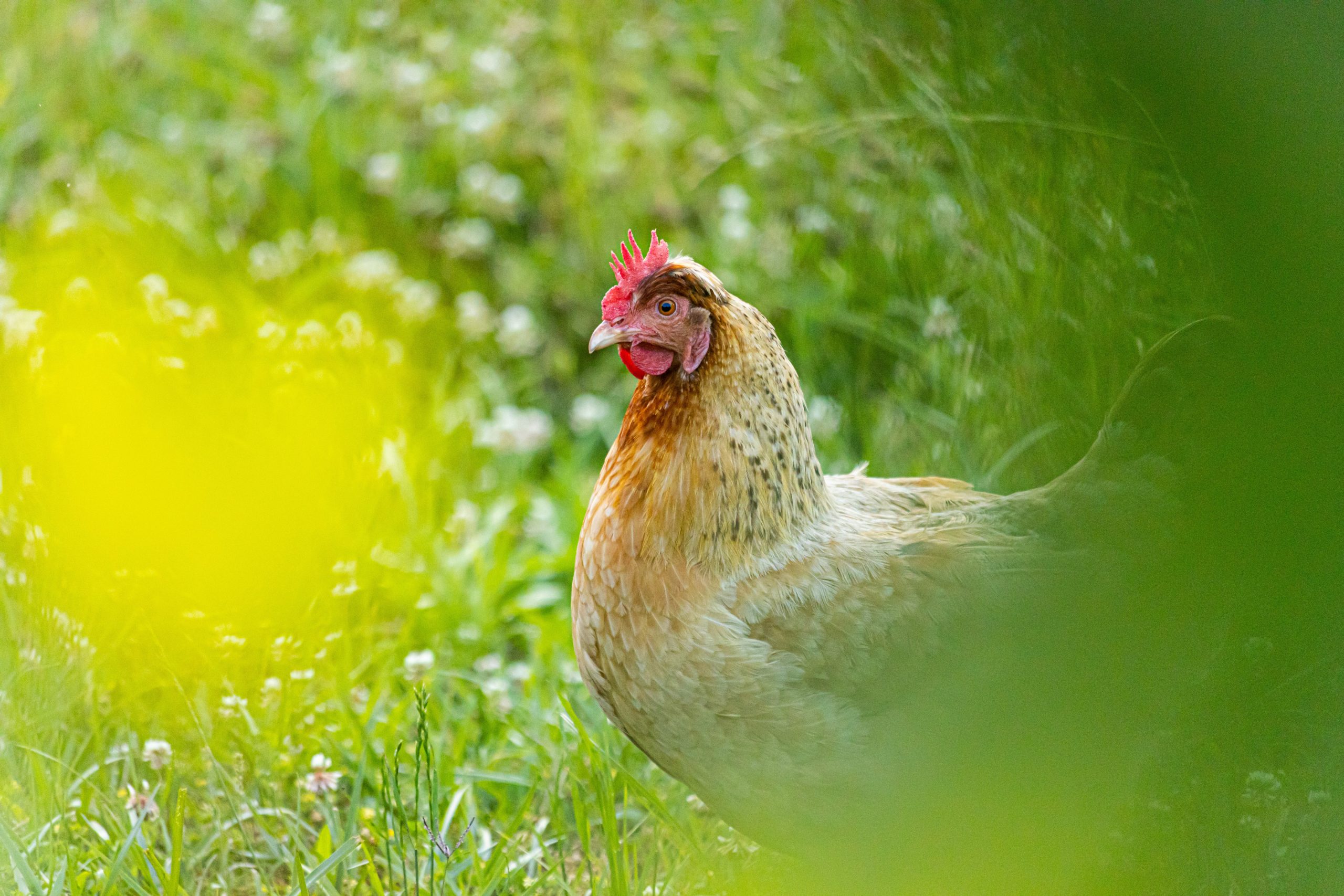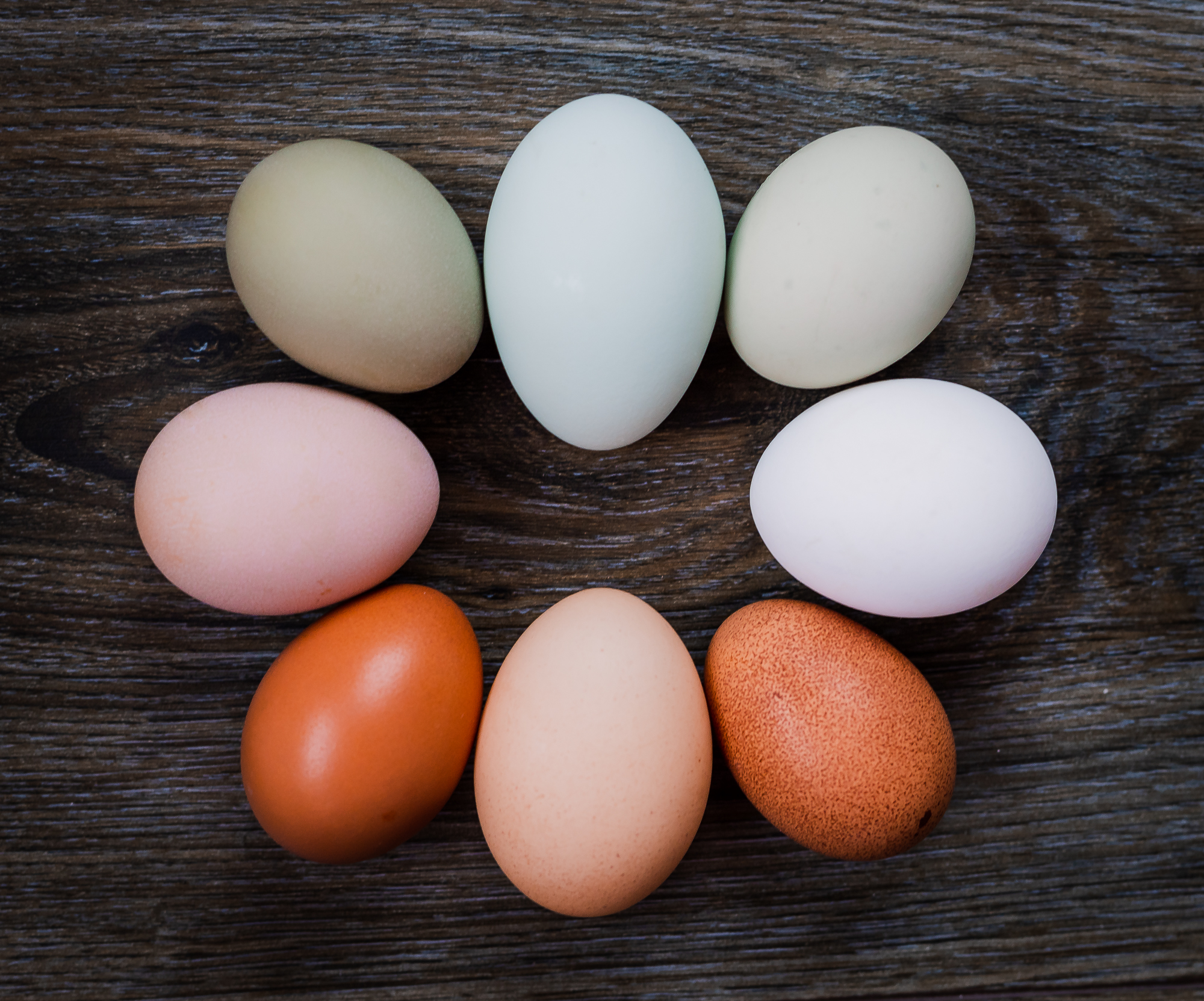Packed full of nutrients and vitamins, fresh pumpkins are a super food for your flock! Why not entertain your chickens AND yourself this fall with this orange October treat!
All you need to get started is one, whole pumpkin!
Chickens can eat every part of the pumpkin; except the stem-it’s
